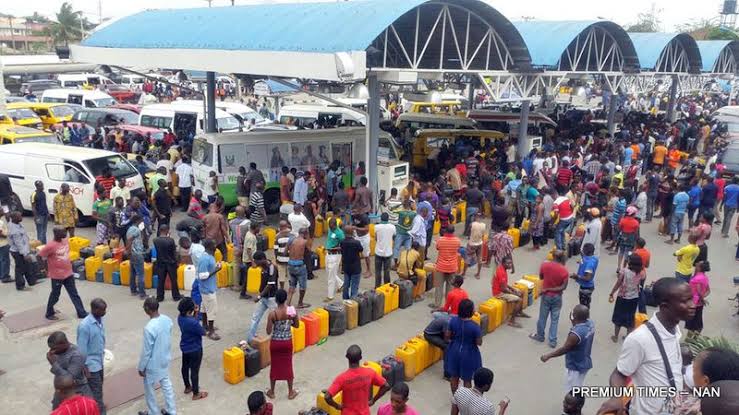Fuel prices in Nigeria have been climbing steadily, and while the effects can be felt across every sector, small businesses are feeling the pain the most. These businesses make up over 90% of all enterprises in the country and are the real engine of our economy, but with every fuel hike, their survival becomes more uncertain.
In this post, we take a closer look at how rising fuel costs are affecting small businesses, which sectors are hit the hardest, and what practical steps can be taken to ease the pressure.
The Strain on Small Businesses
For many small business owners in Nigeria, fuel is a lifeline. It powers everything from generators to delivery bikes. But as fuel prices soar, so does the cost of keeping the lights on.
The result is that business owners are spending more on daily operations than ever before. Already operating on tight margins, these small businesses now face:
- Higher operating expenses. More money goes into fueling generators, transport, and equipment.
- Reduced profits. Increased costs can’t always be passed on to customers, especially in a price-sensitive market.
- Decline in customer spending. As fuel costs rise, so does the cost of living. Customers have less money to spend, which means small businesses see fewer sales.
A Chain Reaction: Inflation and Operational Hurdles
The fuel hike doesn’t stop at rising expenses — it causes a ripple effect that disrupts how businesses function altogether.
Higher transportation costs are one of these damaging effects. For businesses that rely on timely deliveries or fresh stock, delays and stockouts become more frequent. This can hurt customer trust, especially when prices rise and product availability becomes unreliable.
Inflation also adds pressure, making it harder for business owners to maintain competitive pricing. Many are caught in a tough spot: either pass on the cost and risk losing customers, or absorb the loss and risk closing down.

Who’s Hit the Hardest?
While nearly all small businesses are struggling, some sectors are feeling the pressure more than others.
In agriculture, fuel is essential for farming equipment and food transport. Higher fuel prices mean higher food prices, which threatens food security. The manufacturing sector is also battling increased production costs, which makes Nigerian-made products less competitive both locally and internationally.
Transport and logistics operators are in a tough spot too. With fuel being their main operating input, fare hikes are inevitable, but customers are reluctant to pay more. Then there’s hospitality and healthcare, where rising overhead costs mean more expensive services, limiting access to medical care or affordable accommodation.
What Can Be Done?
If small businesses are to survive this storm, then intervention is critical — and it must come from both the government and private sector.
Some viable solutions include:
- Fuel subsidies or tax relief for small businesses to cushion the blow.
- Access to low-interest loans or grants to help cover operational costs.
- Investment in renewable energy such as solar, to reduce dependence on fuel.
- Training and mentorship programs to help small businesses adapt and stay competitive.
- Regular impact assessments to guide responsive policy-making and support vulnerable sectors.
Final Thoughts
For many small businesses in Nigeria, the fuel price hikes are personal. It’s the difference between staying open or shutting down, between being able to feed their families or falling deeper into debt.
If we truly want to protect jobs, stimulate the economy, and improve the quality of life for everyday Nigerians, then supporting small businesses must be a top priority. Through smart policies, energy alternatives, and a commitment to economic inclusion, we can help ensure that Nigeria’s most vital businesses are able to thrive.


